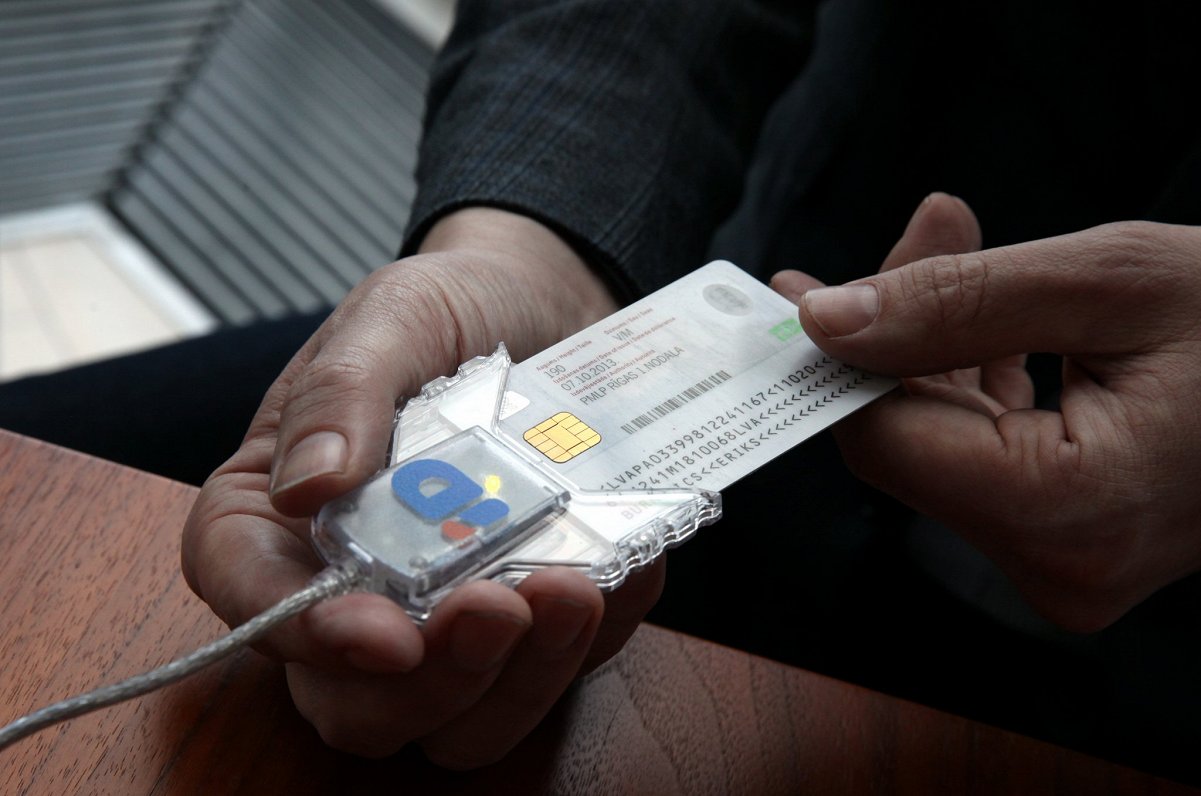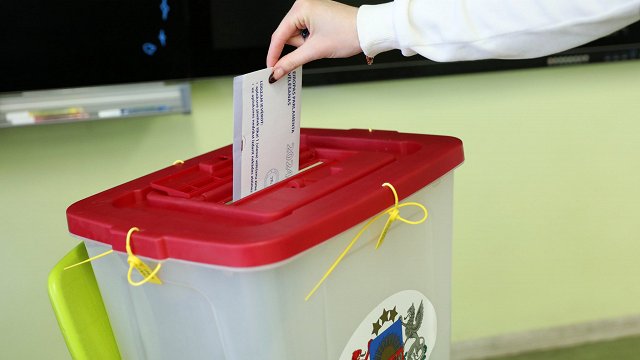Parliament adopted amendments to the Saeima Election Law and amendments to the Voter Register Law, which provide for the introduction of an electronic online voter register.
The introduction of the voter register will ensure the right to participate in parliamentary elections for those entitled to vote who only have an identity card but do not have a valid citizen's passport, according to the annotation of the amendments. At present, election participation is marked in a person's passport, and the changes will allow it to be done electronically online in the voter register.
Estimates show that the Central Election Commission needs around 500,000 euros to establish an online voter register, while the Office of Citizenship and Migration Affairs needs another 570,000 euros, according to the annotation of the amendments.
Since the introduction of the eID card in Latvia, those voters who have only an identity card have been able to participate in the Saeima elections using a special voter card, which had to be received at the Office of Citizenship and Migration Affairs. Such a convoluted practice might be seen as an additional administrative burden, and a reason not to participate in elections, according to the annotation of the draft laws.
The authors of the amendments have indicated in the Central Election Commission that there were more than 62,000 voters in the 13th Saeima elections, for whom the only identity document was an eID card. In turn, from 2023, the eID card will be a mandatory identity document, and in the next Saeima elections, the number of voters who will have only eID at their disposal could reach 200,000.
However, while voters' identities can now be verified electronically, it does not yet mean voters will be able to vote online: they will still need to fill in a physical ballot paper. Neighboring Estonia has been allowing full e-Voting for years, but the electoral authorities in Latvia have resisted its adoption despite considerable support for e-Voting among some of the population. Nevertheless, the establishment of an electronic voter register might in theory make it easier to adopt e-Voting at a future date if desired.





























